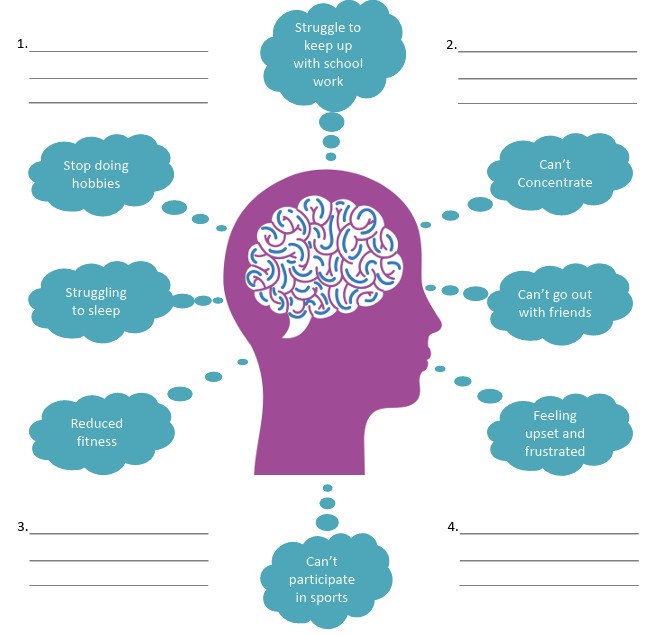Having Chronic Fatigue Syndrome can cause you to stop taking part in activities you enjoy. Goal setting is about working out what you would like to be able to do, and working towards achieving it. Goal setting is a powerful way of improving your quality of life and sense of control. It is important that goals are meaningful to you and feel good.
A goal is something that you are motivated to work towards and achieve. When you are working on activity levels, it is important to set goals that can help to both motivate you, as well as direct your efforts and energy.
- Specific: clearly state what you would like to happen
- Measurable: will you be able to say it was achieved?
- Achievable: are you able to complete the task independently?
- Realistic: are you going to do it?
- Timely: think whether it is ‘the right time’ to do this. Set yourself a realistic time limit to achieve this goal.
Specific
To create a specific goal it must answer the 6 ‘W’s.
- WHO is this goal for/who is involved in it?
- WHAT is it that needs to be accomplished?
- WHERE should this goal take place?
- WHEN will this goal be completed, or how long will it take?
- WHICH things or requirements, and constraints, need to be identified?
- WHY does this goal need to be accomplished? What is its purpose?
For example:
‘I want to use Progressive Muscle Relaxation to help manage my pain’ as a SMART goal would be:
‘I want to use Progressive Muscle Relaxation 30 minutes, everyday at home for one month, to reduce my symptom severity’.
Measurable
Measurable goals make it easier to stay on track to meeting your goals. Questions like ‘how much’, or ‘how many’, or ‘how will I tell if I met my goal’ is a good way to determine what to measure. For example, practicing Progressive Muscle Relaxation for 30 minutes everyday is quantifiable and measurable. You can track your progress and see results.
Realistic
When you are coping with abdominal pain you need to have goals which are realistic and reasonable. It is easy to get ahead of yourself. Sometimes people fall into the trap of getting overwhelmed by goals which seem impossible. Make a realistic goal by breaking into smaller goals.
Timely
An important factor in achieving your goals is seeing the progress you have made. Set a time limit to complete your goal. For example, practice progressive muscle relaxation for 30 minutes each day, for a month before you tackle another goal. Write down your progress, seeing progress can motivate and encourage you.
Doing more
Mood can be greatly affected by what we do, when we do it, and with whom. Keep track of what you do each day and make sure you are spending your time doing enough things that give you a sense of:
- A - achievement
- C – closeness to others
- E – enjoyment
Being mindful of these 3 things when goal setting may help you to set meaningful SMART goals. Doing more also allows less time for negative and unhelpful thoughts and overthinking, which will have a positive effect on mood.









.webp)
.webp)

